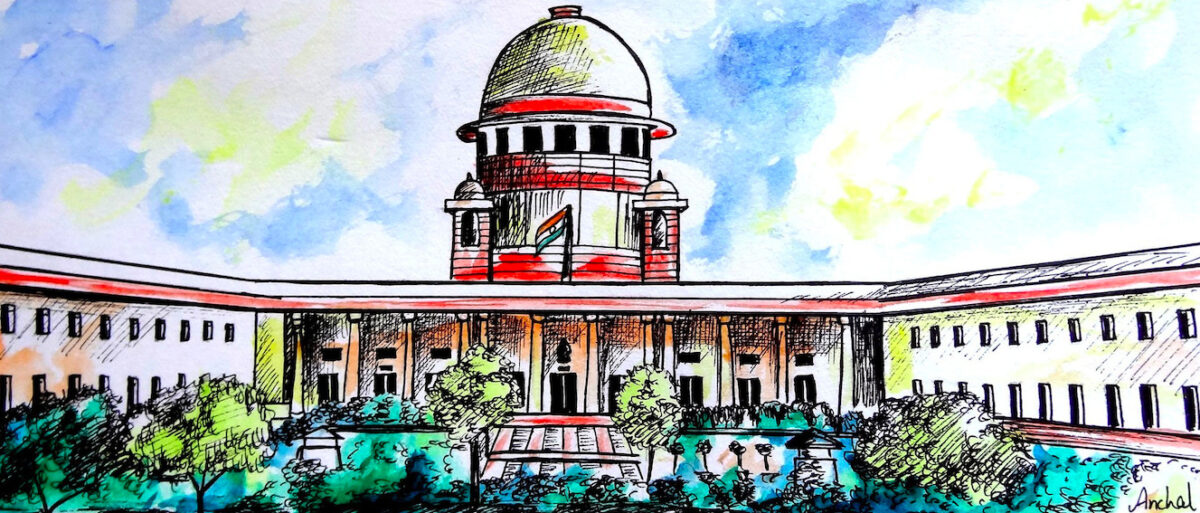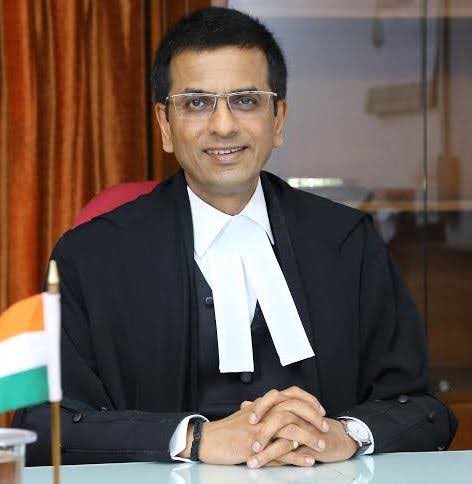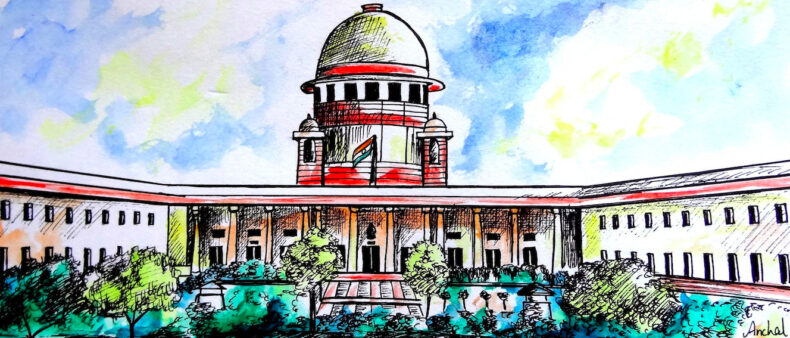Table of Contents
The Supreme Court of India – the apex court of the country – is set to resume on Monday, July 3 after a six-week long summer break that started on May 22. Some major developments are to be seen when the court reopens. Some of these are as follows:
Appointment of Five New Judges to the Apex Court
As many as five justices will likely be appointed to the Supreme Court this year as many judges reach superannuation. The current strength of the court has fallen due to thirty one due to the two retirements happening during the summer break and one just before it. The sanctioned strength is 34.
Justice Krishna Murari will demit office after four days of the reopening and two more judges are due to retire before the winter break. A number of appointments to the top court of will have to be made to fill the vacant positions.

Change in Collegium Membership
After the retirement of Justices MR Shah, KM Joseph, and Ajay Rastogi, the Supreme Court collegium – the body that selects judges for appointment to the Supreme Court – has two new members. Justice Sanjay Kishan Kaul is set to retire in December which will lead to change in the membership of the apex court collegium.
New Changes in the Case Management and Allocation System
A new roster or case allocation system has been put in place by the Chief Justice. Fifteen new benches have been constituted to hear cases based on subject-matter expertise. Among the important changes made is the change in allocation of Public Interest Litigation cases. While Public Interest Litigation cases could be allocated to any bench earlier, such cases will now be heard only by three benches headed by the Chief Justice of India Dhananjay Yashwant Chandrachud, Justice Sanjay Kishan Kaul and Justice Sanjiv Khanna respectively.

Same-Sex Marriage Judgement to be Delivered by the Constitution Bench
Among the most awaited verdicts to be given by the top court is the marriage equality plea. The same sex marriage recognition plea was heard by a bench of five judges headed by the Chief Justice of India. The hearings closed on May 11 and the court has reserved its verdict.
With the court having stressed on the need to deliver verdicts timely and Justices Kaul and Bhat – two of the five judges hearing the case – set to retire by the end of this year, the verdict can be expected soon.
Twenty petitions had been filed before the apex court by various queer couples and LGBTQIA+ activists claiming that the Special Marriage Act 1954, the Hindu Marriage Act 1955, and the Foreign Marriage Act, 1969 were discriminatory to the extent that they did not confer marital recognition upon non heterosexual marriages.

Constitution of a Seven Judge Bench
The Chief Justice of India had expressed his intent to constitute a seven judge bench to hear constitutional matters related to money bills. A majority judgment had held that the Aadhar Act falls within the meaning of money bill as per Article 110(1) of the Constitution of India. Later in 2019, its correctness was questioned by a bench headed by then Chief Justice Ranjan Gogoi.
Important Hearings to Take Place
A number of important developments are expected to happen related to various significant cases such as:
- Abrogation of Article 370 of the Constitution
- Electoral Bond Scheme
- Remission granted to the eleven convicts in the Bilkis Bano case
- Adani-Hindenburg case
It can be expected that some significant developments will take place in the legal landscape of the country when the court resumes tomorrow.












